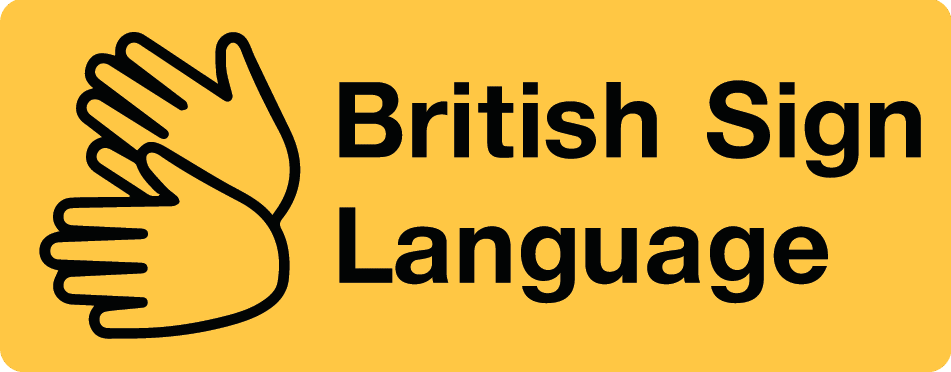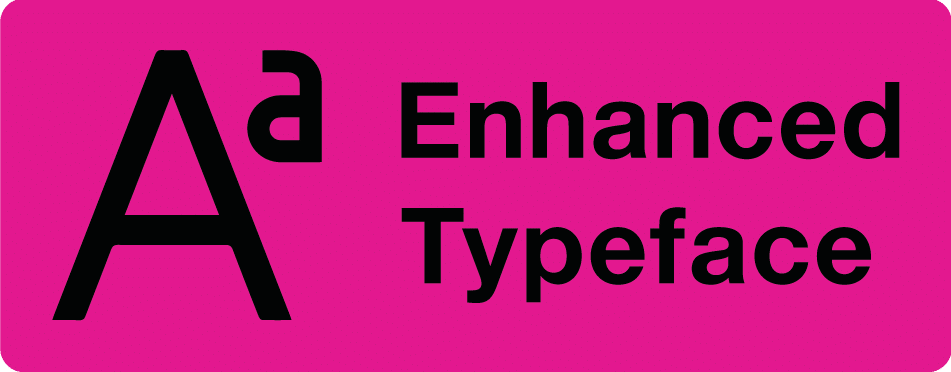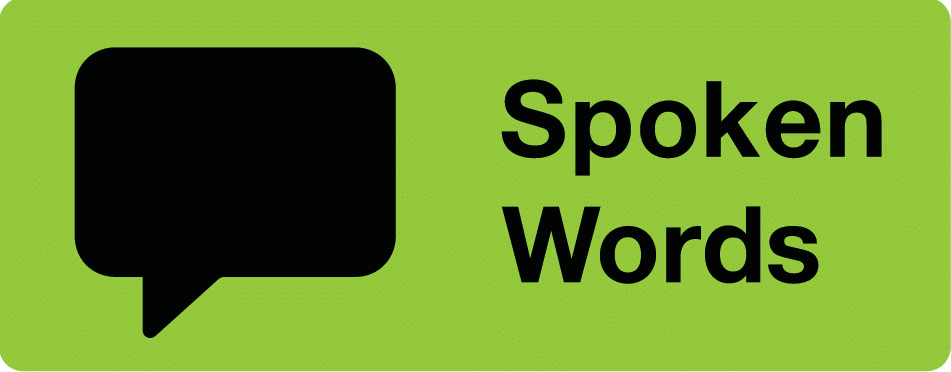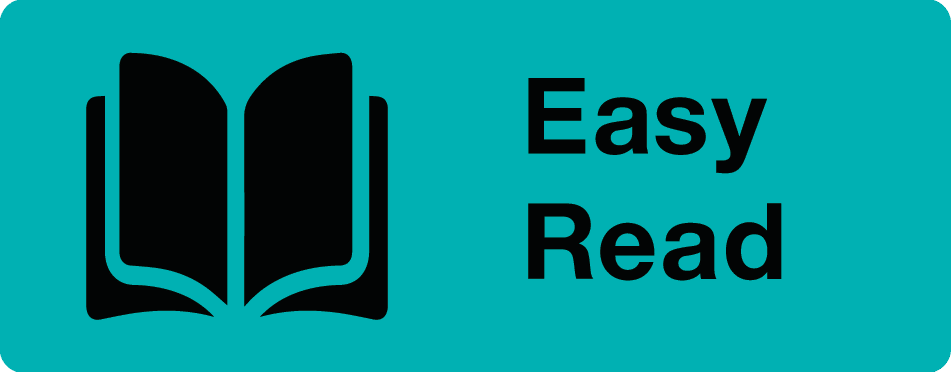The timeframe for becoming a qualified BSL interpreter can vary depending on several factors, but here’s a general idea:
- Average Time: On average, it can take anywhere from 5 to 7 years to go from a complete beginner in BSL to a fluent and competent interpreter.
- Factors Affecting Speed: Several factors can influence how quickly you progress:
- Starting Point: If you already have some knowledge of BSL or a background in sign language in general, you might progress faster.
- Course Schedule: Whether you take full-time intensive courses or part-time evening classes will significantly impact the learning pace.
- Practice and Immersion: Regularly practicing your BSL skills and immersing yourself in the Deaf community will accelerate your learning journey.
- Key Stages: Here’s a breakdown of the typical stages involved:
- Learning BSL: This involves taking BSL courses to achieve proficiency in the language itself. Levels can range from BSL 1 to BSL 6, with higher levels focusing on interpreting skills.
- Interpreter Training: Once you have a strong foundation in BSL, you’ll need specialized interpreter training programs to develop the specific skills required for interpreting between spoken and signed languages.
- Qualification: To become a qualified interpreter, you’ll need to pass a recognized interpreting qualification exam.
Here are some resources for further information:
- Access BSL: https://accessbsl.com/ offers a helpful overview of the process to become a BSL interpreter.
- National Union of British Sign Language Interpreters (NUBSLI): https://www.nubsli.com/ is the professional body for BSL interpreters in the UK and provides information on qualifications and training.
- National Registers of Communication Professionals working with Deaf and Deafblind People (NRCPD): https://www.nrcpd.org.uk/ The NRCPD is the national voluntary regulator of over 1,700 language service professionals including British Sign Language/English Interpreters and Translators, Lipspeakers, Notetakers, Speech to Text Reporters and Interpreters for Deafblind People.
Remember, becoming a BSL interpreter requires dedication, passion for language, and a commitment to understanding Deaf culture. The time investment can be significant, but the rewards of facilitating communication and promoting inclusivity can be highly fulfilling.




